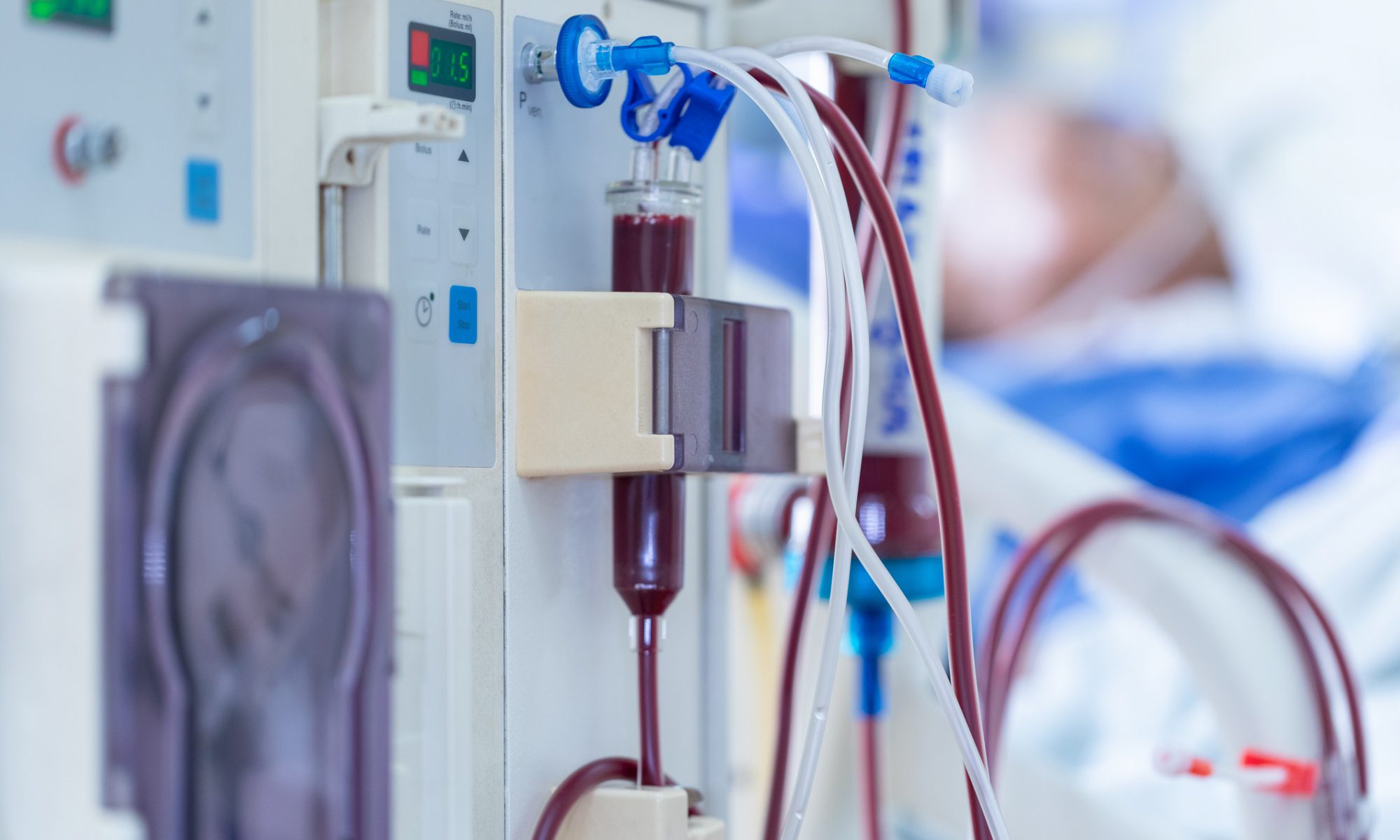Children receiving maintenance dialysis have lower rates of pediatric transplant waitlisting and kidney transplantation at facilities that are for-profit rather than nonprofit, according to an analysis of data from the US Renal Data System.
Among 13,333 pediatric patients with end-stage kidney disease (ESKD) who initiated dialysis during 2000-2018, 3618 (27%) attended for-profit facilities, 7907 (59%) attended nonprofit facilities, and 1748 (13%) switched profit status. Read more in Renal & Urology News.



